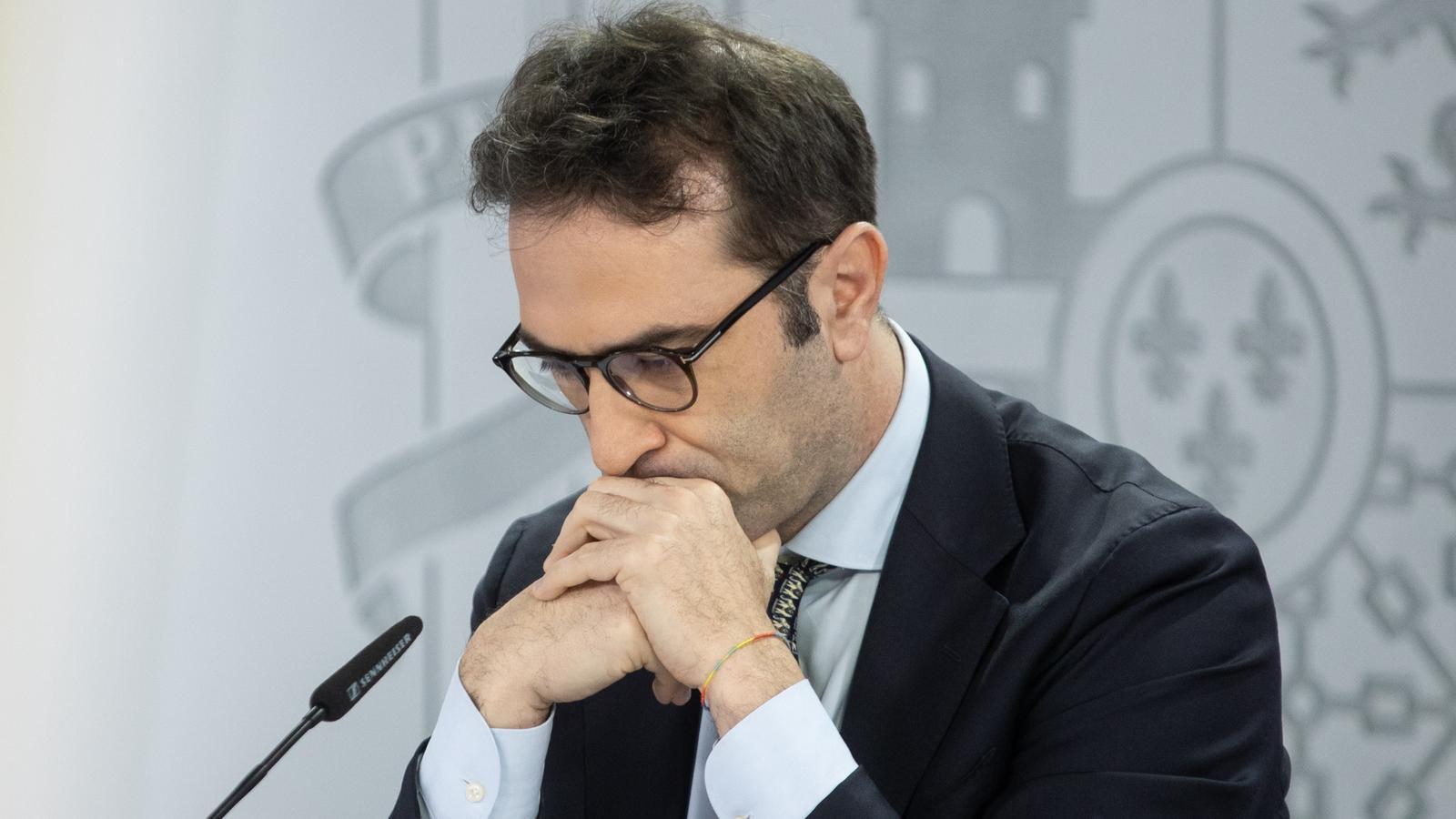Will Spain no longer be able to veto bank mergers? A decade later, Brussels is targeting the law.
One of the aforementioned regulations was approved by Mariano Rajoy's government and served to authorize the CaixaBank-Bankia merger.


MadridBBVA's hostile takeover bid for Sabadell has overshadowed the debate surrounding the infringement proceedings opened by Brussels regarding the legislation the Spanish government used to intervene in this transaction. Specifically, Pedro Sánchez's government used the 2007 Competition Law to impose additional conditions beyond those of the Competition Act, incorporating requirements into the takeover bid for reasons of public interest. The consequence of these conditions is that for at least three years, BBVA and Sabadell will have to operate "autonomously." That is, if the takeover bid is successful—it requires at least the shareholders to sell 50.01% of Sabadell's shares—they will have to operate as if the latter bank were a subsidiary of the former. But the truth is that Brussels goes further and also points to a rule that, so far, the Spanish government has not had to use in BBVA's Sabadell transaction. This is the law on the regulation, supervision, and solvency of credit institutions, approved in 2014 and implemented in 2015 under the government of Mariano Rajoy (PP).
This law allows the Spanish government to approve or veto a bank merger. Therefore, it is used once the takeover bid is successful, that is, once BBVA and Sabadell have already been integrated. After this step, the Basque entity must request authorization to merge with the Vallesan bank. Until this happens –With the conditions imposed by the Spanish government, BBVA will have to wait between three and five years for this.–, both banks will simply be integrated. As ARA has explained in other articles, this is the scenario of a "takeover" bank, but not a merger.
Specifically, this regulation states that "it is the responsibility of the Ministry of Economy and Competitiveness to authorize mergers, spin-offs, or full or partial transfers of assets and liabilities involving a bank, or any agreement that has similar economic or legal effects [...]. Prior to this, the mandatory reports will be taken into account, which, in any case,
What does Brussels say now?
Now, after a decade of this regulation being in force, the European Commission considers that "certain provisions of Spanish banking and competition law, which grant the Spanish government unlimited powers to intervene in bank mergers and acquisitions, violate the exclusive powers of the European Central Bank and national supervisors under Spanish law." "These discretionary powers are considered to constitute unjustified restrictions on the freedom of establishment and the free movement of capital," the statement states.
Had the wording of this regulation gone unnoticed until now? The possibility that this may have been the case exists, although the law and the power to authorize or veto a merger have already been used. Specifically, no less than four years ago, Pedro Sánchez's government used this regulation to approve the merger between CaixaBank and Bankia. The Ministry of Economy approved the merger after the CNMC authorized the operation in Phase 1. It had previously received reports from the Bank of Spain, as well as other organizations. That operation meant that the State, as a shareholder of Bankia, acquired 16.1% of the share capital of the resulting bank.. However, it all generated far fewer headaches than BBVA's takeover bid for Sabadell because it was a friendly transaction.
The Spanish government is convinced that Spanish regulations, both the competition law and the law on the regulation, supervision, and solvency of institutions, are "consistent" with European regulations. The Minister of Economy, Carlos Cuerpo, and also the Minister of Finance, María Jesús Montero, indicated that they trust that the response now given to the Brussels file will lead to a successful outcome regarding the open infringement procedure.
In any case, Brussels has never looked favorably on obstacles to banking concentration in the European Union, especially in the wake of the financial crisis, and given that it has long sought a banking union. Now, however, this position has gained considerable traction. The defense of greater business integration in Europe is a desire that, amidst a geopolitical crisis, has found an opportunity to consolidate itself in the strategic autonomy promoted by the EU executive.
